Please list some of the contents of the report.
Firstly, the quality of education is still different between regions and areas; between public and non-public schools. The quality of cultural and vocational teaching in some vocational and continuing education centers is not sustainable; the quality of foreign language teaching and learning has not met the requirements of educational and training innovation. Training in some higher education and vocational training institutions has not met the needs of the labor market. Education on ideals, ethics, lifestyle, life skills, traditions, law, sense of civic responsibility, and self-management of students in some units is not very effective.
Second, the facilities and equipment in some schools are still difficult and inadequate. The shortage of classrooms in some urban areas and industrial zones is still inadequate. The work of building schools that meet national standards in some localities is still slow compared to the requirements.
These difficulties that need to be shared seem to have been classified as perennial difficulties. Because 1 year ago, in the report on the results of implementing tasks for the 2023-2024 school year; directions, tasks, and solutions for the 2024-2025 school year, these problems were pointed out.
Difficulties in education are natural, and this is not a problem of Thanh Hoa education alone. But pointing it out is not enough. Difficulties that are "bottlenecks" in education must be resolved so that learners can access education fairly and the quality of teaching and learning is constantly improved, gradually eliminating the imbalance. And one of the "bottlenecks" that makes the "bottlenecks" of the education sector unable to be resolved is that there are still too many people who assume that teaching and building schools are the business of the education sector, and implicitly ignore their responsibilities.
Resolution No. 71-NQ/TW dated August 22, 2025 of the Politburo on breakthroughs in education and training development has stated a very clear guiding viewpoint: Education and training development is the cause of the Party, the State and the entire people. The State plays a role in strategic orientation, development creation, ensuring resources and equity in education; ensuring enough schools, classes, and teachers to meet people's learning needs. The whole society has the responsibility to care for, contribute resources and supervise education development; closely coordinate between families, schools and society in education and training...
Thus, the cause of education has been constitutionally defined as belonging to the whole society. For education to develop, there must be close coordination between schools, families and society, and the support of all levels and sectors, not just an internal story of the sector. If we properly implement the spirit of Resolution No. 71-NQ/TW of the Politburo, then the "perennial" difficulties will not have to be mentioned again in the future.
Wisdom
Source: https://baothanhhoa.vn/de-kho-khan-cu-khong-con-phai-nhac-lai-259911.htm


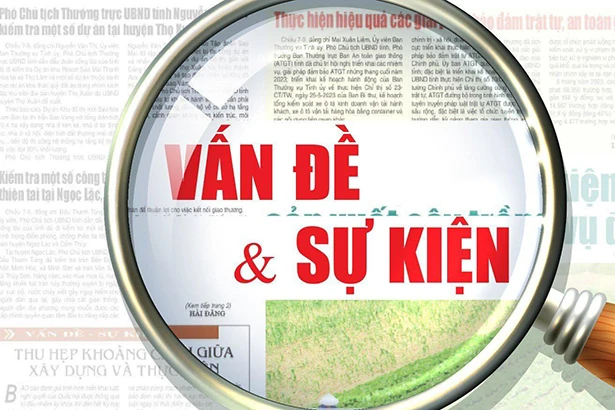




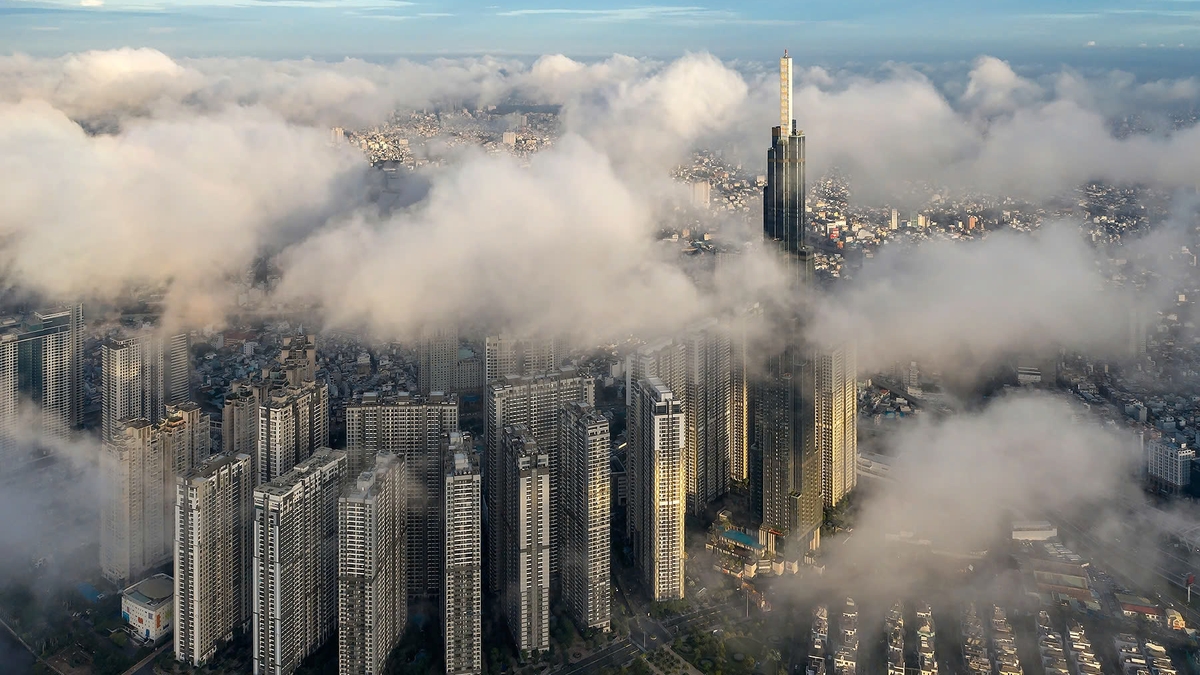

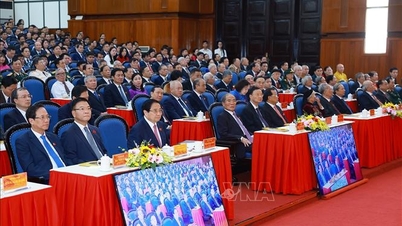

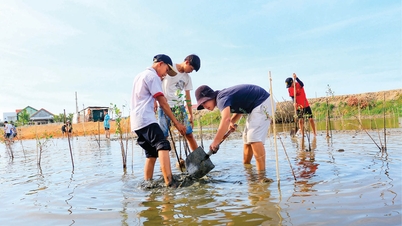

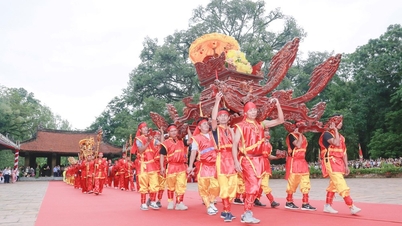

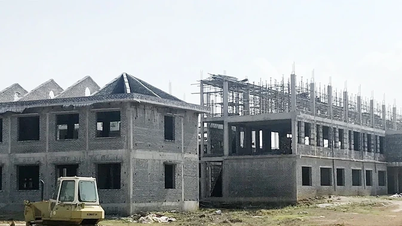



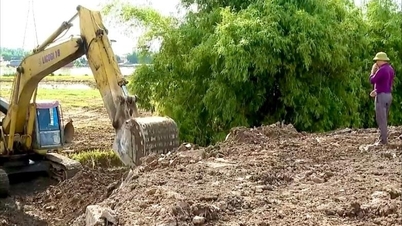

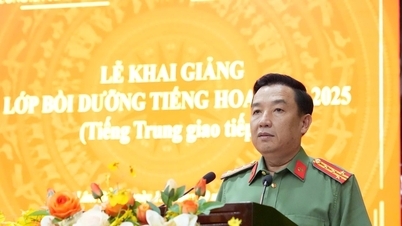
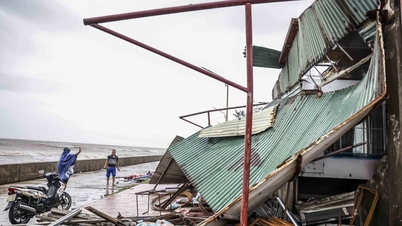

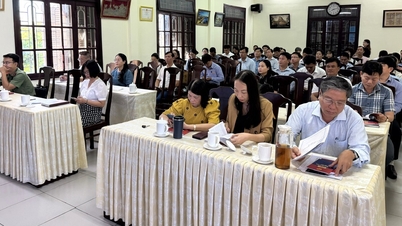

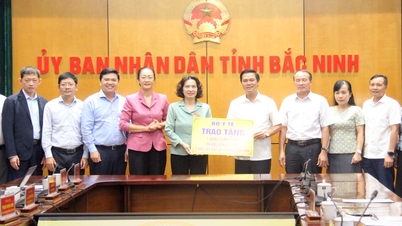

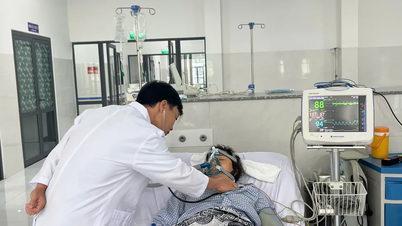









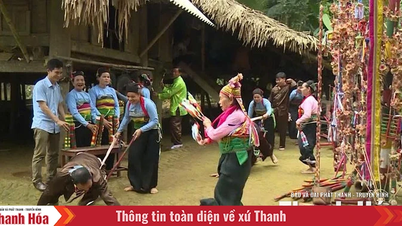

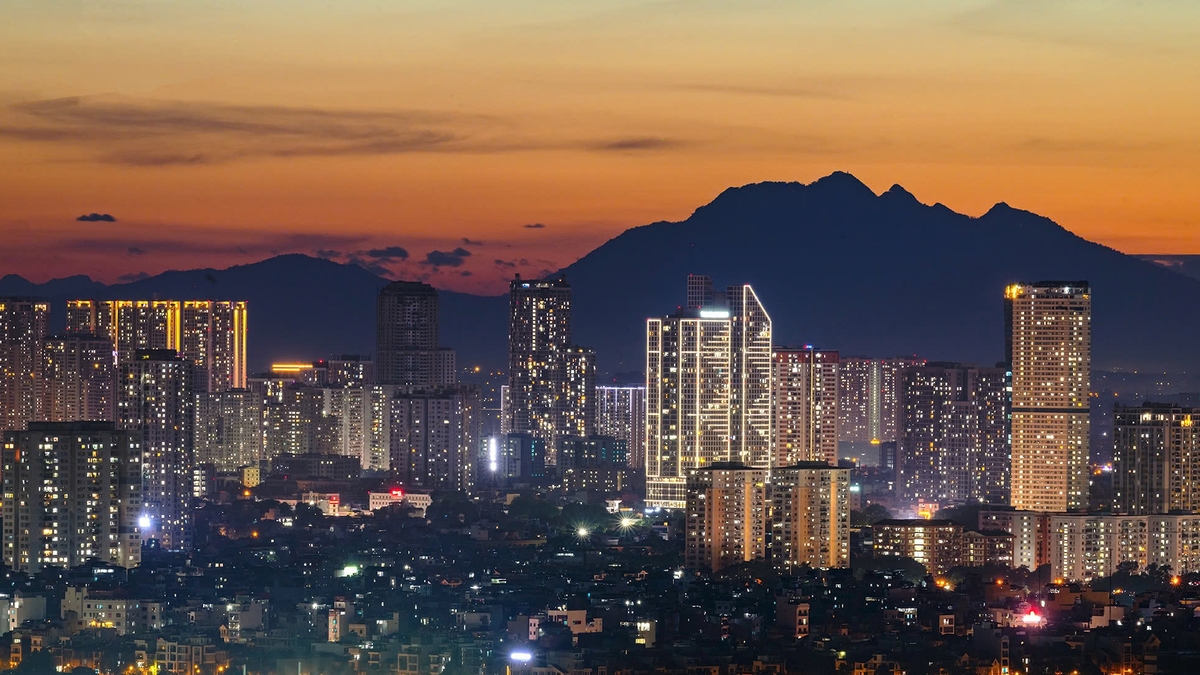

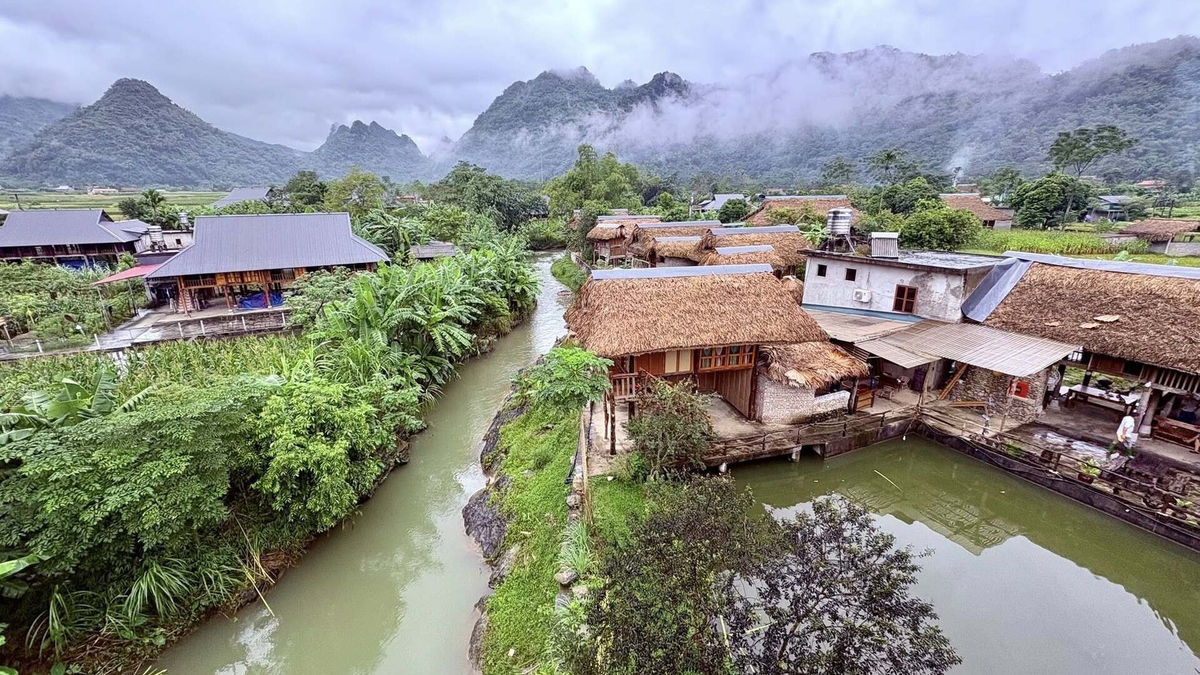
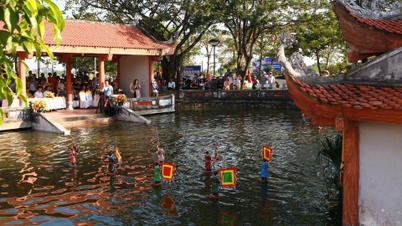

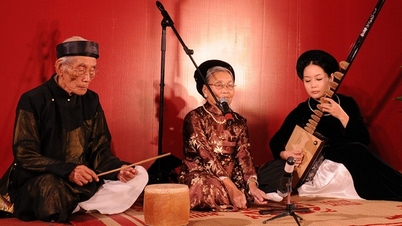



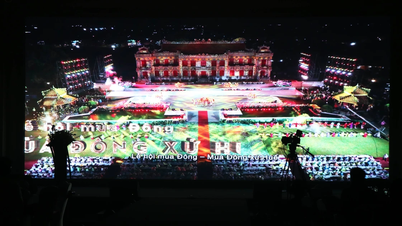




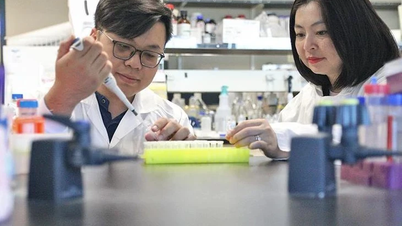

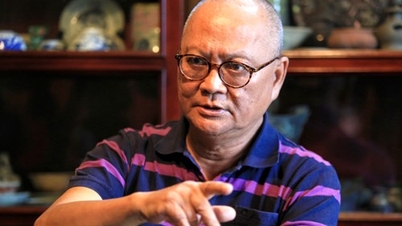






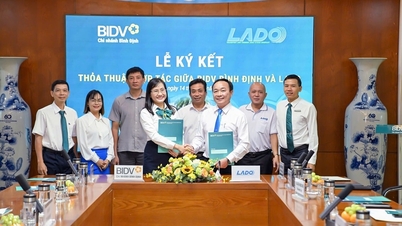

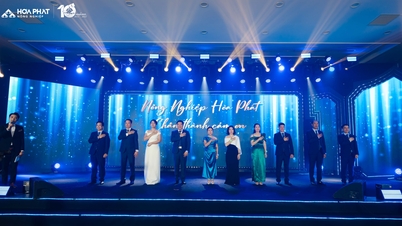



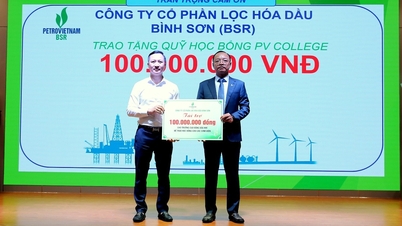
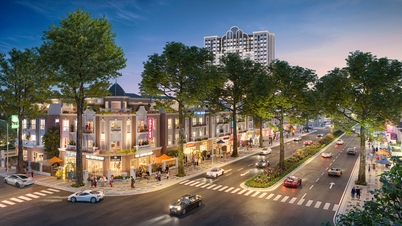











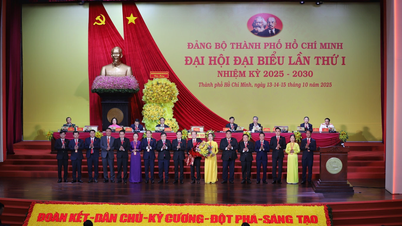


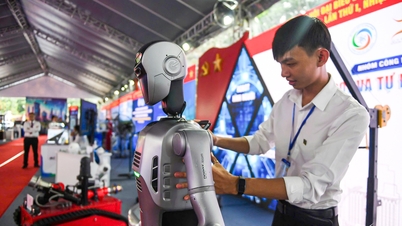
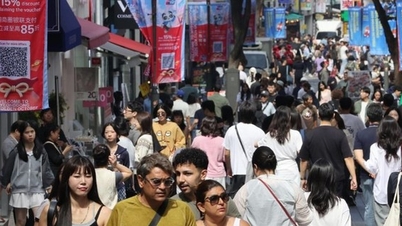



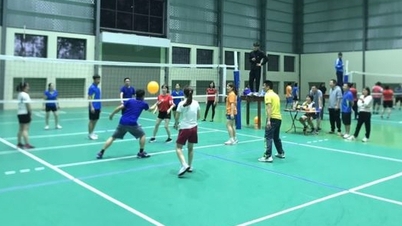

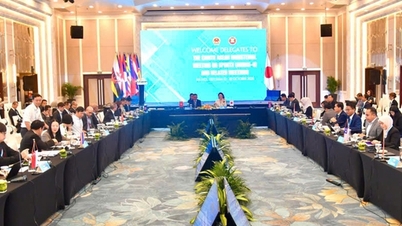


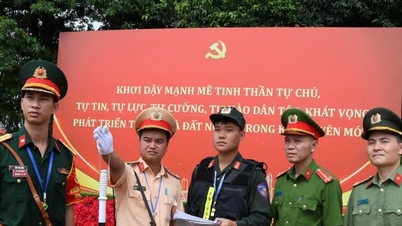


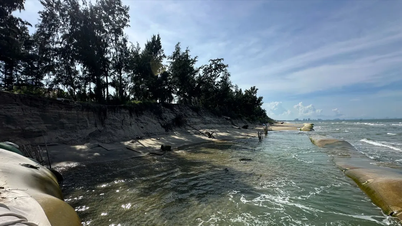

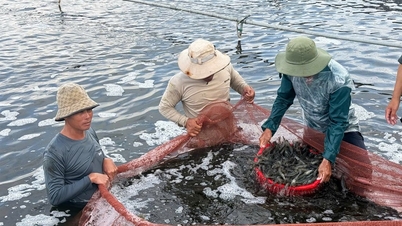












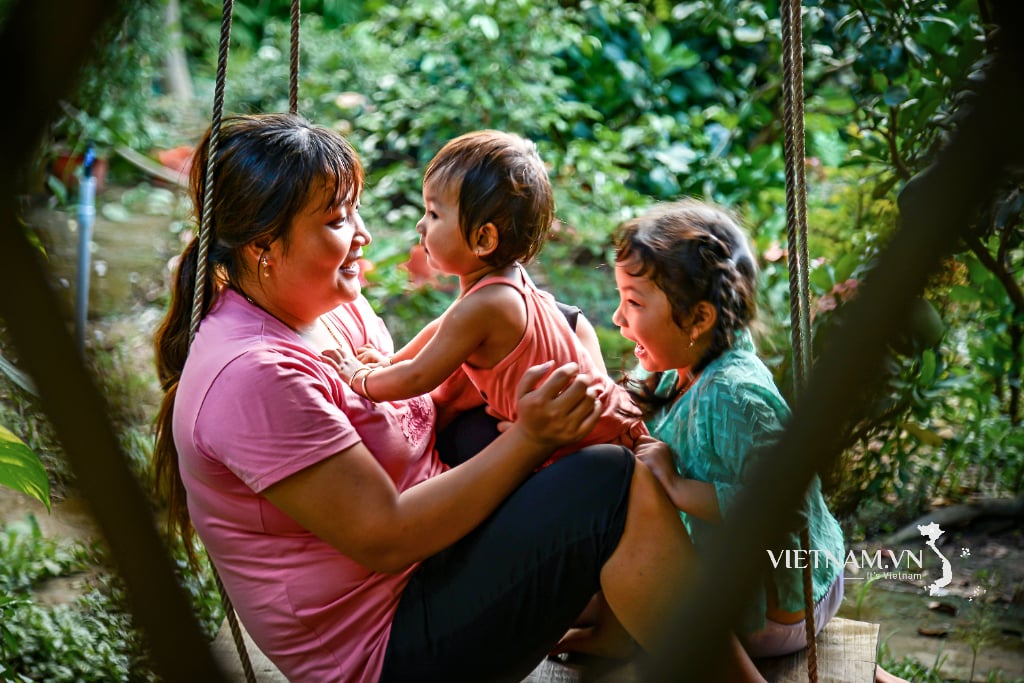


Comment (0)